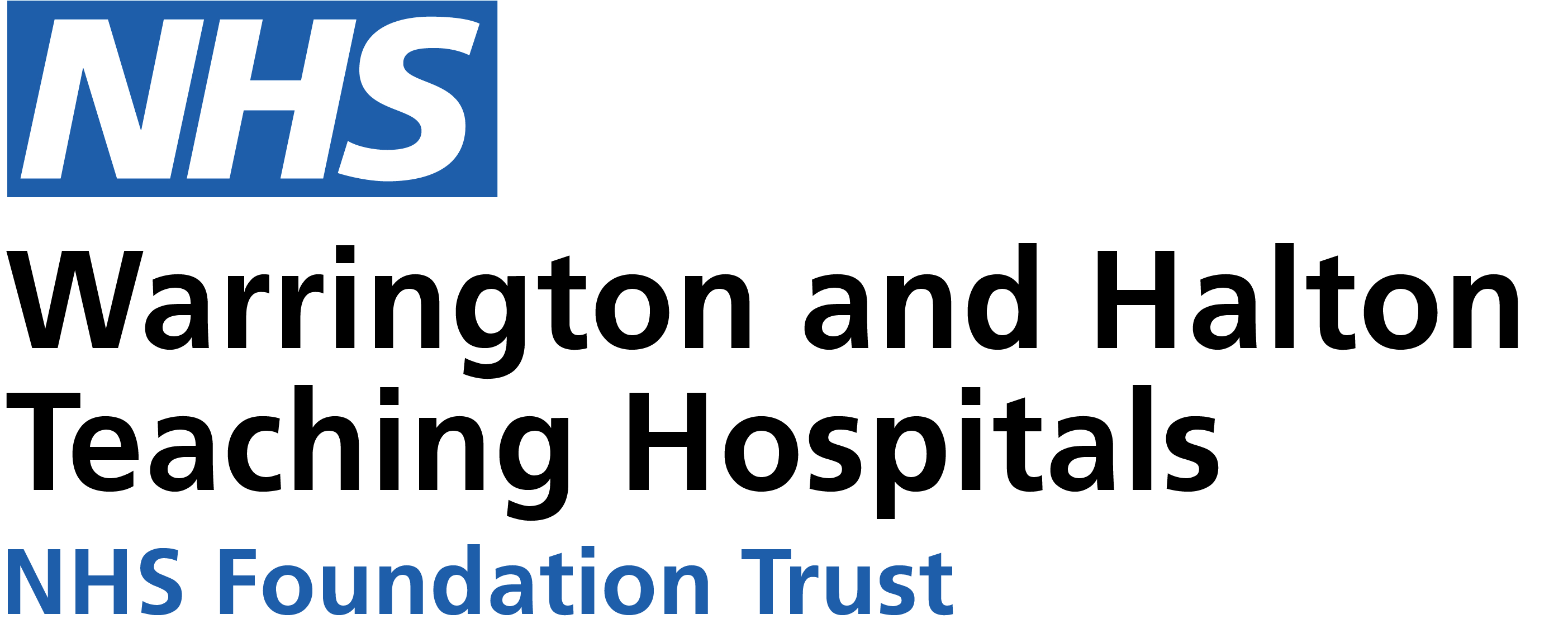Safeguarding adults and children declaration
Last updated: Tuesday 17 September 2024We are committed to safeguarding and promoting the welfare of all individuals who come into contact with our services. We recognise our responsibility to protect those who are at risk of harm, abuse, or exploitation, including children, young people, and adults. Safeguarding is a Care Quality Commission (CQC) standard and a duty at the centre of our daily business. The scope of safeguarding is wide-reaching and incorporates all categories of abuse.
The Trust is committed to continually providing best practice standards in the delivery of a positive safeguarding culture and considers this a fundamental component in providing a safe environment for staff, patients, and the public. The Trust’s mission is to be ‘outstanding for our patients, our communities and each other’, with a vision that ‘we will be a great place to receive healthcare, work and learn’. The embedding of safeguarding practices across the organisation is fundamental to achieving this.
Safeguarding is the responsibility of everyone and as such, we are duty-bound to always act in the best interest of the patient.
The 'Safeguarding of children, young people and adults at risk in the NHS, accountability and assurance framework' sets out the safeguarding roles, duties and responsibilities of all NHS organisations and is integral to the safeguarding agenda.
In accordance with the legislation in the Children Act 2014 and the Care Act 2014, WHH has policies, standard operating procedures, and risk assessments to ensure that all WHH staff are aware of how to discharge their safeguarding duties and responsibilities.
The Children Act 2014 and the Care Act 2014 require the Trust to provide and maintain:
- Safeguarding Unborn Babies, Children and Young People Policy
- Safeguarding Adult at Risk Policy
- Safeguarding training and supervision
- Processes to support recognition and response to safeguarding situations
- Information resources to support decision making.
- Subject matter experts that are available to support safeguarding practice
There are safeguarding reporting processes in place to provide assurance of compliance with proactive monitoring and triangulation through existing governance mechanisms which includes a monthly Safeguarding Steering Group.
Named professionals and safeguarding specialists provide expertise on safeguarding across the organisation. WHH has a robust safeguarding training programme which includes training on safeguarding children, adults, domestic abuse, Mental Capacity Act, the Deprivation of Liberty Safeguards, and PREVENT.
We are committed to partnership working and the Trust is a key member of the Safeguarding Children Partnership Boards and Safeguarding Adult Boards for Warrington and Halton. The Trust contributes to National and Local Child Safeguarding Practice Reviews, Safeguarding Adults Reviews, Domestic Homicide Reviews and other multi-agency reviews; developing action plans and monitoring their implementation through the Safeguarding Steering Group.
WHH has a clear process for ensuring that anyone working with children and adults who may be at risk has had a DBS check before they start work. Recruitment and selection policies are in place to support all appointing officers. Trust policy requires that references are checked before an offer of employment is made. Training needs analysis are mapped to National Intercollegiate Guidance (when published) and delivered via a range of training options. WHH has a robust system in place for monitoring and ensuring compliance with training which is reported to the Quality Assurance Committee quarterly.
WHH produces a bi-annual and annual report which provides the Safeguarding Committee and Quality Assurance Committee with a summary of the safeguarding activity during the financial year reporting period.
